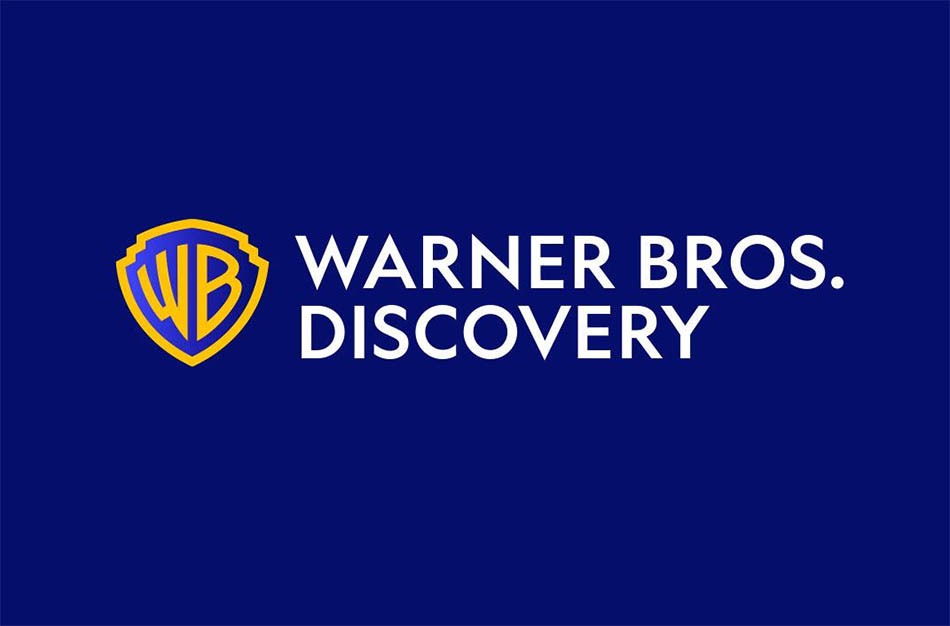Analyst Calls New Warner Bros. Discovery Shares ‘Undervalued’ as Trading Starts
Evercore’s Vijay Jayant call company a ‘direct-to-consumer free cash flow machine’

The smarter way to stay on top of broadcasting and cable industry. Sign up below
You are now subscribed
Your newsletter sign-up was successful
Before the start of the first day of trading for Warner Bros. Discovery, Evercore ISI media analyst Vijay Jayant is calling the stock “undervalued” and labeling the company as “the first direct-to-consumer free-cash-flow machine.”
WBD, the company’s stock-ticker symbol, was created after Discovery’s acquisition of WarnerMedia closed Friday.
In a research note Sunday night, Jayant upgraded WBD to “outperform” from “in line,” where he had Discovery ranked, with a targeted price of $45 per share.
He said that WBD is now the second-largest media company (after The Walt Disney Co.) in terms of revenue. He added that it has the assets “to successfully compete in the global direct-to-consumer video streaming opportunity.”
(Similarly, RBC Capital Markets analyst Kutgun Maral labeled WBD as "Outperform" and set a target price of $50 a share. “Looking beyond the near-term noise, we continue to highlight WBD as the most compelling long-term opportunity across our coverage, and believe it will become a clear leader in the global streaming marketplace, benefit from significant revenue/cost synergies, and has a very credible path to rapid deleveraging,” Maral said.)
In Monday trading, WBD stock rose to a little over $26 a share in early trading before falling back to $24 a share at midday, down 2%. WBD shares closed Monday at $24.78, up 1.27%.
Jayant said WBD’s streaming revenues are expected to increase at a 21% compounded annual growth rate from 2021 to 2026 — a rate similar to Disney. He expects WBD to offer a bundled HBO Max-Discovery Plus product.
The smarter way to stay on top of broadcasting and cable industry. Sign up below
“Discovery’s management team has indicated that less than half of domestic Discovery Plus subscribers also subscribe to HBO Max,“ Jayant said. ”Assuming that 40% of Discovery Plus subscribers already subscribe to HBO Max as well, we estimate that consolidating Discovery Plus and HBO Max into a single offering would be roughly neutral to revenue as the lost subscribers would be offset by the higher ARPU [average revenue per user] of HBO Max (~$12/month vs. ~$7/month).”
With its increased scale, Jayant said, the combined company ought to be able to increase the margins for its traditional TV business. The new size will give it more clout with distributors and added reach show command higher advertising prices, he added.
“Warner Bros. Discovery’s linear networks will be the profit center that the company uses to fund its investments in streaming,” he said.
Discovery has promised Wall Street it will be able to find $3 billion in cost savings when the companies are combined. Jayant expects $1.5 billion in cost cuts to come from the direct-to-consumer business (marketing and tech will be consolidated), $1.2 billion from its linear networks and $300 million from reduced corporate overhead.
Jayant warned that in the short term, many of the AT&T shareholders who now own WBD might be looking to sell, flooding the market with supply and holding down stock prices. The spinoff and sale left about 71% of WBD shares in the hands of AT&T shareholders, who are used to getting paid substantial dividends. “The lack of a dividend at WBD could result in a substantial flow-back of stock from existing AT&T shareholders,” he said.
MoffettNathanson analyst Michael Nathanson was less enthusiastic about the new company. He gave its shares a neutral rating and a $27 target price.
“We expect the elevated debt load and uncertainty around key strategic questions to be an overhang for shares,” he said.
Nathanson has been among those on Wall Street questioning whether streaming is a good business for media companies. The ad market has been stronger than expected and cord-cutting has remained steady, he noted. Those factors have helped media companies pay for the content they need to compete in streaming.
“We still worry that the primary need to reduce leverage puts WBD at a relative disadvantage to bigger entities that have greater financial flexibility to invest in streaming,“ Nathanson said. “Even if the company doesn’t plan to win the spending war and will re-allocate some of their combined $20-plus billion in content spend towards HBO Max, we question if the other constraints and pressures in the business will be enough to hit WBD’s $14 billion 2023 EBITDA guidance.” ■
Jon has been business editor of Broadcasting+Cable since 2010. He focuses on revenue-generating activities, including advertising and distribution, as well as executive intrigue and merger and acquisition activity. Just about any story is fair game, if a dollar sign can make its way into the article. Before B+C, Jon covered the industry for TVWeek, Cable World, Electronic Media, Advertising Age and The New York Post. A native New Yorker, Jon is hiding in plain sight in the suburbs of Chicago.

